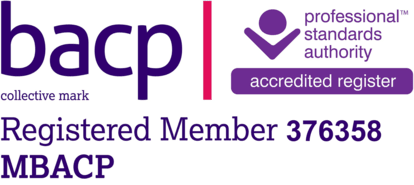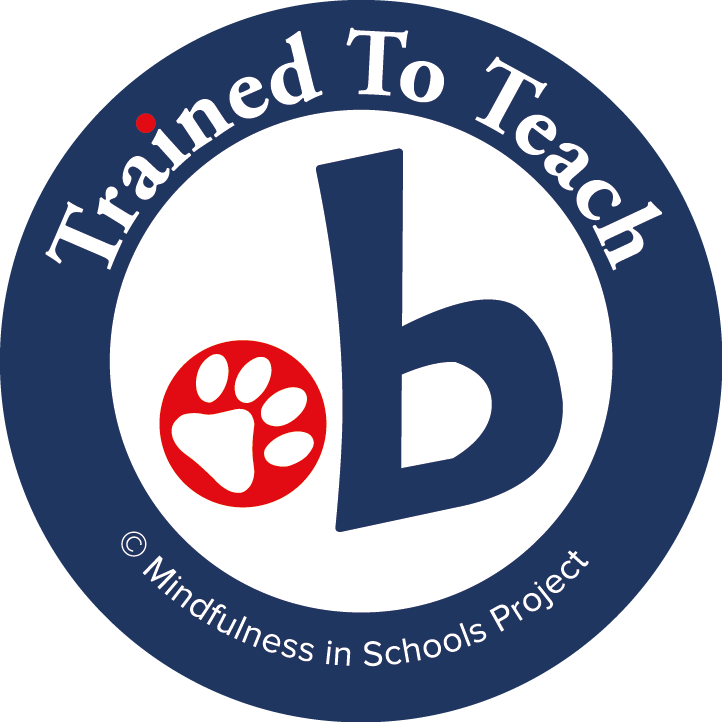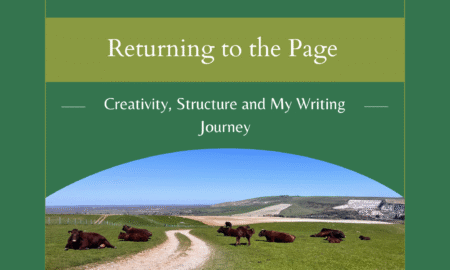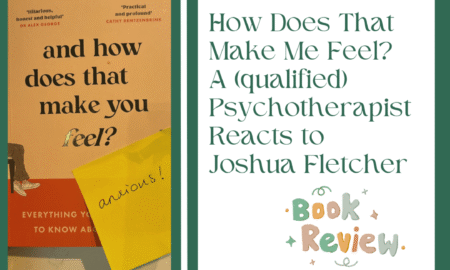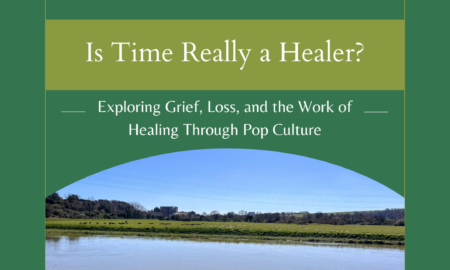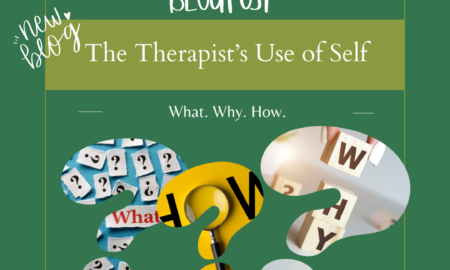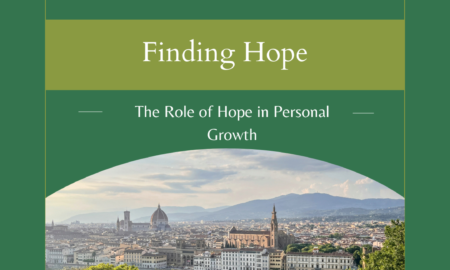
Psychotherapy & Counselling in Sussex
Empathic, caring & professional mental health support in West Sussex
Here to Help
Welcome to Southdowns Psychotherapy and Counselling, a private practice led by Alana Burton. UKCP Registered Psychotherapist and Supervisor (Dip. TA Practice, CTA(P), Dip. Sup., MBACP).
Are you struggling with something you can’t seem to fix alone? Perhaps you need to support to work through something together with your partner in couples therapy? Maybe you are feeling overwhelmed by something that’s going on for you? Therapy sessions provide an understanding and challenging environment through which you can develop emotional resilience and experience optimal growth.
I engage in conversations with people, like you, who may be experiencing some sort of emotional challenges. I believe that emotional distress, can be complex and bewildering. It can also be viewed as a legitimate emotional response to certain life experiences. As a therapist my role is to help you gain a deeper understanding of yourself and your circumstances. I will support you to utilise existing strengths more effectively. We can also work on developing new strategies to facilitate your personal growth and transformation.
Together, we will delve into your unique experiences and personal history to create a coherent narrative that will guide you toward a more fulfilling future.
I am located in the village of Washington (RH20) in West Sussex, and I work with individuals and couples seeking to enhance their overall well-being and relationships. Additionally, I offer psycho-educational groups and group therapy sessions. Regardless of your motivations for seeking therapy, it is my belief that we all strive for greater emotional fulfilment, and counselling and psychotherapy can be instrumental in helping us achieve that objective.
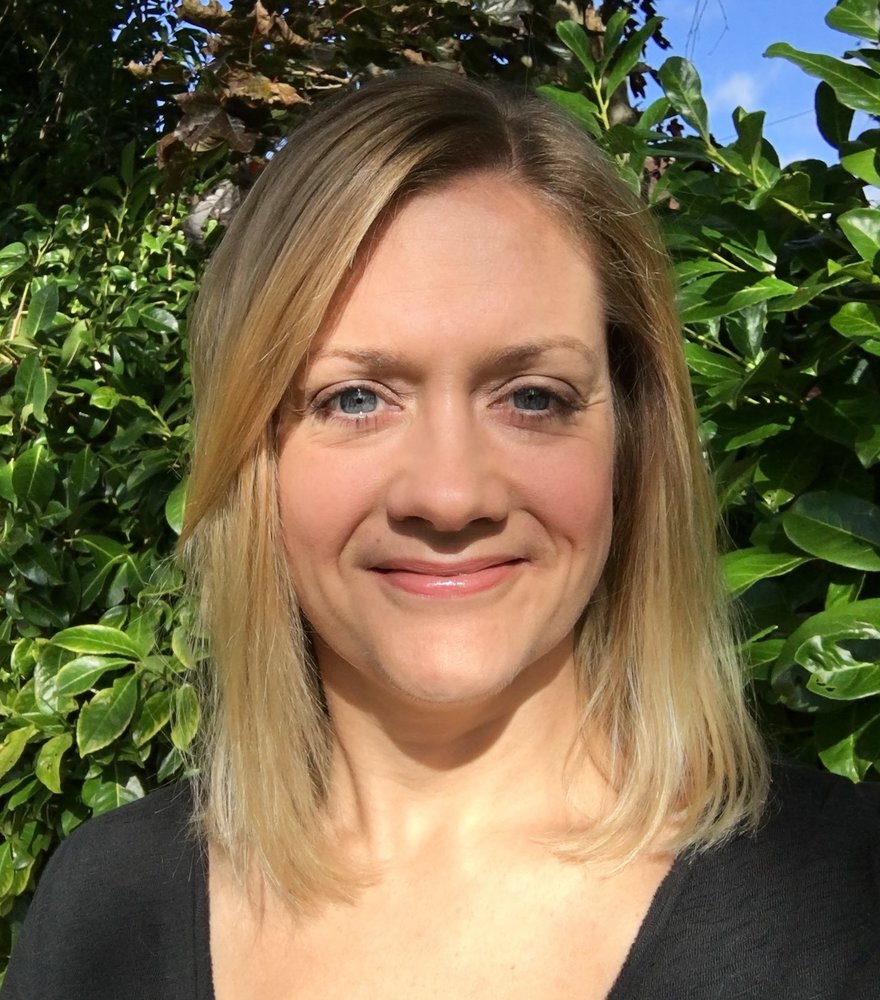
Therapy & Counselling Services

Individual Therapy
For yourself

Couples Therapy
For yourself and your partner

Group Therapy
Join a supportive community

Supervision
For your clinical work




